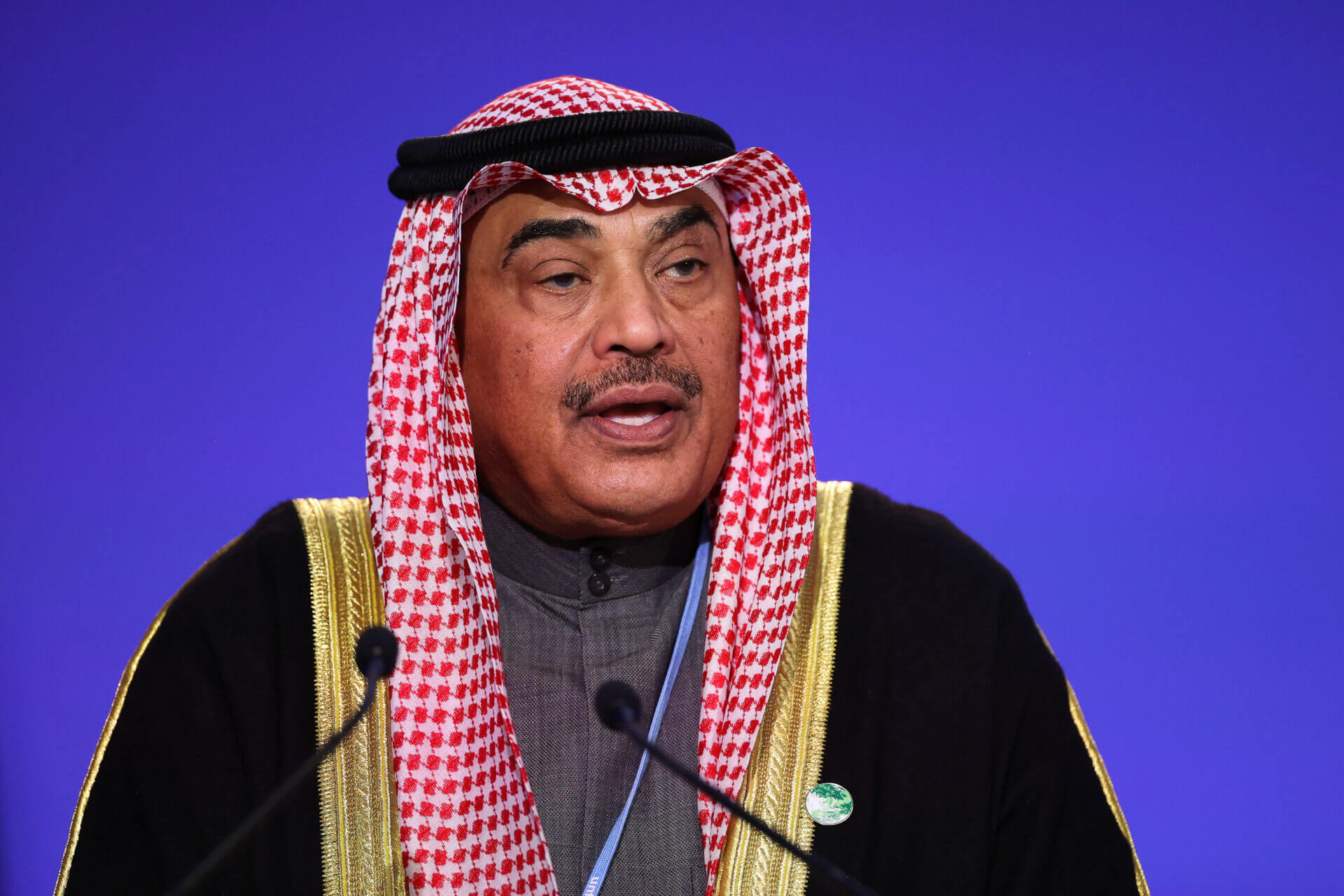On Monday, the Prime Minister of Kuwait, Sheikh Sabah Al-Khaled Al Hamad Al Sabah, tendered his government’s resignation to the country’s emir, state-run news agency KUNA reported. The government had previously resigned in January.
The resignation, yet to be finalised by emir Sheikh Nawaf Al Ahmad Al Sabah, might potentially end the political impasse that has hindered the small oil-rich nation’s post-pandemic economic recovery. It might also result in the emir dissolving the parliament and calling for elections again since he has the final say in matters of the state.
There are no political parties in Kuwait; the emir appoints the government, while members of the legislature are elected to the parliament.
According to Reuters, the Kuwaiti legislature is comparatively more powerful than its Gulf counterparts, as it has the “power to pass and block laws, question ministers and submit no-confidence votes against senior government officials.”
However, the emir-appointed government often includes members of the royal family in senior positions. Therefore, political blockades are frequent in Kuwait, as the government and legislature are often at odds with each other.
Kuwait’s government has been in a political deadlock with opposition lawmakers who insisted on questioning the Prime Minister over matters relating to his handling of the COVID-19 pandemic and corruption.
However, Sheikh Sabah has immunity from being questioned until 2022 as per a motion passed in March when his government was formed.
The main point of contention between the two groups was the introduction of a new debt law needed to secure the funding of financial reforms. As the Kuwaiti treasury continues to diminish, there is no way for the government to deficit-spend, as the debt ceiling is set at $33 billion. The parliament is reluctant to raise the ceiling, as it thinks government corruption will absorb the additional funds. However, with the resignation of the government, an influx of new faces might make the parliament more confident in passing the debt law. That, though, is dependent on the make-up of the cabinet that takes over.
Tensions have increased over the last few weeks, as lawmakers have accused the prime minister of appointing “provocative and unqualified members,” particularly the interior minister and justice minister. Tensions reached a tipping point last wee, when as shouting and physical altercation broke out during a parliamentary session.
An independent Kuwaiti political analyst, Mohammed al-Yousef, said, “The lawmakers are trying to bring reforms, but they feel their hands are tied because the government keeps bringing in the same old faces.” Regarding the frequent political blockades, al-Yousef commented that “the system is designed to create a deadlock.”
The opposition lawmakers ended their standoff after the government and the emir approved decrees of amnesty that pardoned around 70 imprisoned former lawmakers and activists before the resignation.
The cabinet said its resignation comes amid “an optimistic atmosphere in the country, and to pave the way for a new chapter.”
Welcoming the decision, Member of Parliament Obaid Al-Wasmi tweeted: “The pardon has been granted, the government has resigned, and the interrogations against the prime minister have been dismissed.” He added that “no concessions had been made, especially on imposing taxes.”
The pandemic and deteriorating oil prices have plunged Kuwait into an economic downfall. Last year, ratings agency Moody’s downgraded Kuwait for the first time, citing “liquidity risks.”
Kuwait Government Resigns, Possibly Ending Political Deadlock
The government’s resignation met with optimism, however, there is a possibility the emir might call for another elections for the second time in as many years.
November 9, 2021

Kuwait’s Prime Minister Sheikh Sabah al-Khalid al-Sabah SOURCE: REUTERS
